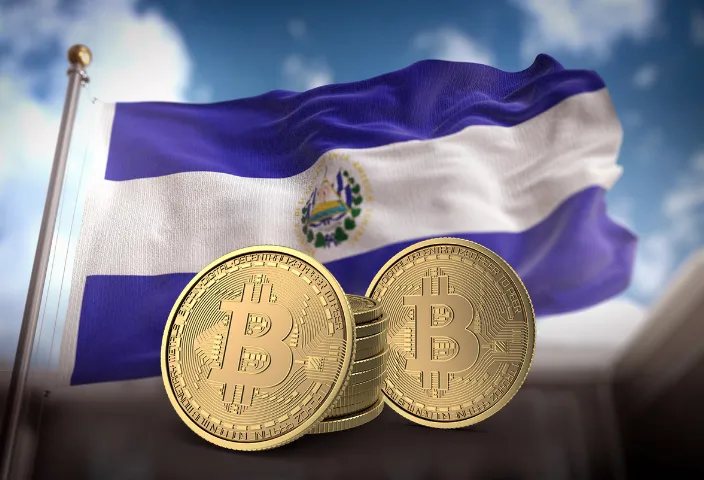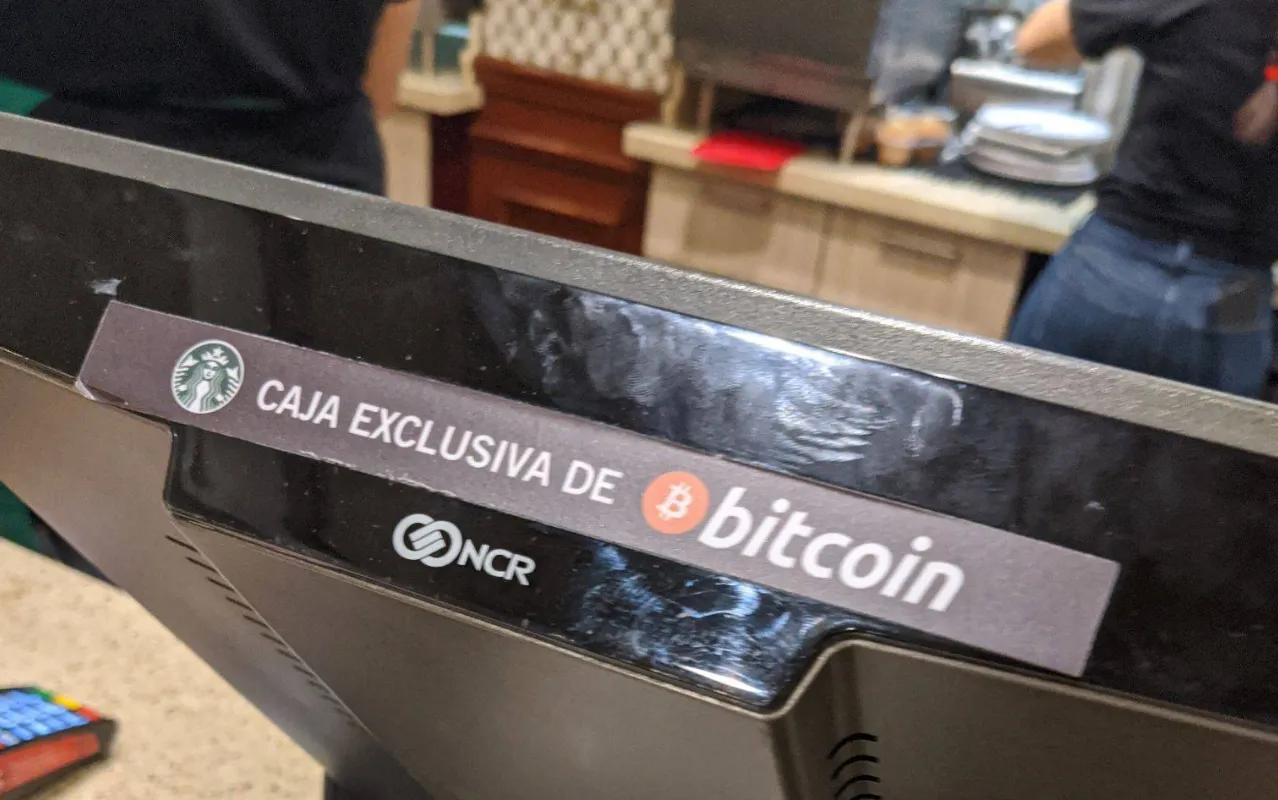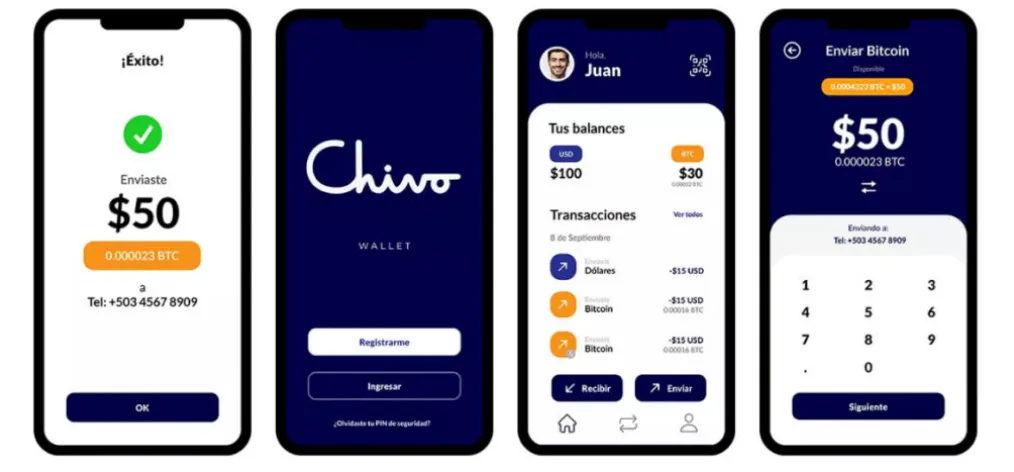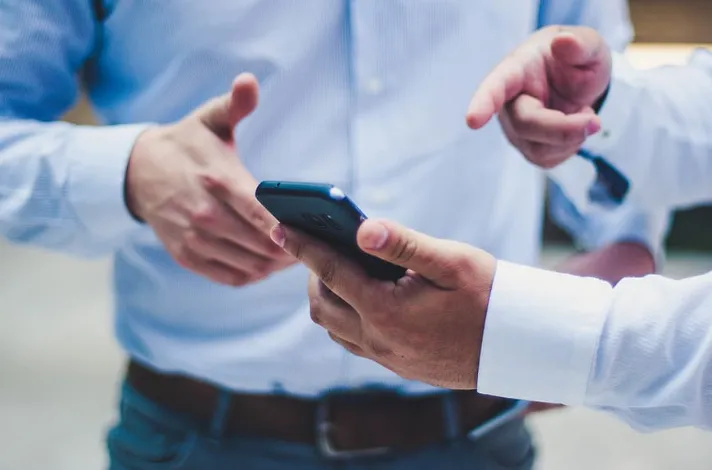Just over two years ago, El Salvador became the first sovereign nation to adopt Bitcoin as legal tender. Not only has the government invested in Bitcoin itself, but they have directed businesses to accept it as well.
In this post we'll discuss the current state of Bitcoin adoption in El Salvador, my personal experience paying with it, and what the future holds for countries that are attempting to integrate cryptocurrencies into their economies.
A Potential Solution
I believe that El Salvador recognizes the fundamental problems with the traditional financial system, and is working hard to provide their citizens with an alternative payment system. While the nation is currently operating on the US dollar (USD) standard, they are simultaneously preparing for the future of finance.

The first question El Salvador had to tackle was how do you implement a new payment system throughout an entire country, and stimulate its usage?
In order to accelerate its adoption, the government "airdropped" $30 worth of lightning Bitcoin to every citizen who signed up for their Chivo wallet. Keep in mind that you need government ID in order to register the wallet, so tourists cannot use it, and the $30 promotion has now expired 😔
The idea seemed to work because shortly after the airdrop, there was a flurry of locals paying for goods and services with Bitcoin, which gave employees the opportunity to learn how the new system worked. But as the price of Bitcoin deflated throughout 2022, the excitement surrounding Bitcoin dampened, along with its usage.
The Inevitable Problems
While it's true that you can still pay for almost everything in El Salvador with Bitcoin/lightning, there are plenty of businesses that refuse to accept it, and a plethora of issues that need to be resolved.

We all know how difficult it is to get our friends and family to securely manage their own seed phrases, so for better or worse the Salvadoran government is custodying all of their citizens' Bitcoin by default. That said, Chivo users are able to send Bitcoin to a self-custody wallet if they choose to do so.
Understandably, there has been a lot of confusion among retail workers who are trying to tell the difference between the Chivo wallet, digital USD, on-chain Bitcoin, and lightning Bitcoin payments. Moreover, there is inconsistency surrounding which of these options are accepted.
Due to Bitcoin's price volatility, some businesses have a policy to only accept digital USD with the Chivo wallet (not to be confused with decentralized stablecoins, by the way). Of those businesses that are willing to accept actual Bitcoin, some are hesitant to tap the "receive with lightning" option in the wallet, which means you might end up paying expensive mining fees.
We must consider too that Bitcoin is inherently a decentralized ecosystem, meaning that there are an unlimited number of wallets that can be used to pay both on-chain and lightning Bitcoin, and in my experience there have been compatibility issues with Chivo and other wallets.
For example, you may send an on-chain or lightning payment to the Chivo wallet (or other lightning wallet), which shows up as confirmed/sent on your wallet, but there is no notification received on the merchant's side. In that case, the best the staff can do is forward the details of the transaction to their technical support team.

We have to empathize with the workers in El Salvador who are doing their best to accommodate people who wish to pay with Bitcoin despite all these technical problems. I'm sure that if there were more tourists and locals trying to pay with Bitcoin, these issues would be resolved.
All of these challenges aside, there has been progress since Bitcoin's initial adoption here in the fall of 2021. For example, major electronics and department stores have started to use new apps, like Athena Pay, which seem to be more compatible with other wallets.
At the end of the day, it is still much easier for someone to use cash, or tap a plastic card to make a payment. As long as the US dollar remains a stable currency, Bitcoin isn't likely to become a common method of payment here, or anywhere else for that matter.
Lack of Education
While the adoption of Bitcoin in El Salvador was arguably a bold step in the right direction, there is still a lack of education in the country when it comes to cryptocurrencies.
In fact, no matter where you go in the world, most of the population still does not understand this novel technology. We cannot expect people to use Bitcoin in the proper way if they don't know what a seed phrase is, or how to send and receive payments!
Therefore, wherever we happen to be, we need to do our best to help those around us to understand this new form of money, and demonstrate it in action. A short wallet tutorial can go a long way in preparing someone for the inevitable adoption of this new technology.
There's no doubt in my mind that the integration of this technology will continue to advance as more people learn how to use it, and start to apply it to their daily lives.
The Future of Cryptocurrencies in Other Nation States
At this stage of the game, I'm certain that the adoption of Bitcoin and other cryptocurrencies will accelerate again when the market recovers, and inflation picks up pace. El Salvador is not the only country preparing for this outcome.
Notably, the minister of foreign affairs in Argentina recently announced that Bitcoin (and other cryptocurrencies) can now be used to legally settle contracts in their country. I think it's only a matter of time before we see other small countries taking similar steps.
https://x.com/DianaMondino/status/1737874320322424984?s=20
Meanwhile, there are states in America that are passing laws to protect citizens' rights to not only mine Bitcoin, but to self custody it as well, which is in opposition to proposed legislation at the federal level. These issues surrounding cryptocurrency will likely lead to the further fracturing of American politics.
Also, with the invention of blockchain DAOs (Decentralized Autonomous Organizations), we must consider that cryptocurrency has the potential to change the way we organize and govern ourselves, and obsolete traditional borderlines in the future.
Conclusion
El Salvador was the first sovereign nation to adopt Bitcoin as legal tender, but several other countries are taking similar steps to adopt cryptocurrencies into their own economies.
There are several problems when it comes to paying with Bitcoin in El Salvador, but progress is being made. Their new payment system remains in place in preparation for the next market cycle.
In order to prepare ourselves for its inevitable adoption, we should do our best to teach others how to use this novel technology by explaining concepts such as seed phrases and blockchain transactions.

If you enjoyed this article you can read more about my experience paying with Bitcoin in El Salvador here, here, and here. You can also follow me on InLeo for more frequent updates about finance and crypto.
Until next time...
Resources
El Salvador flag and Bitcoin [1]
Two men with smartphone [2]
Chivo wallet images [3]